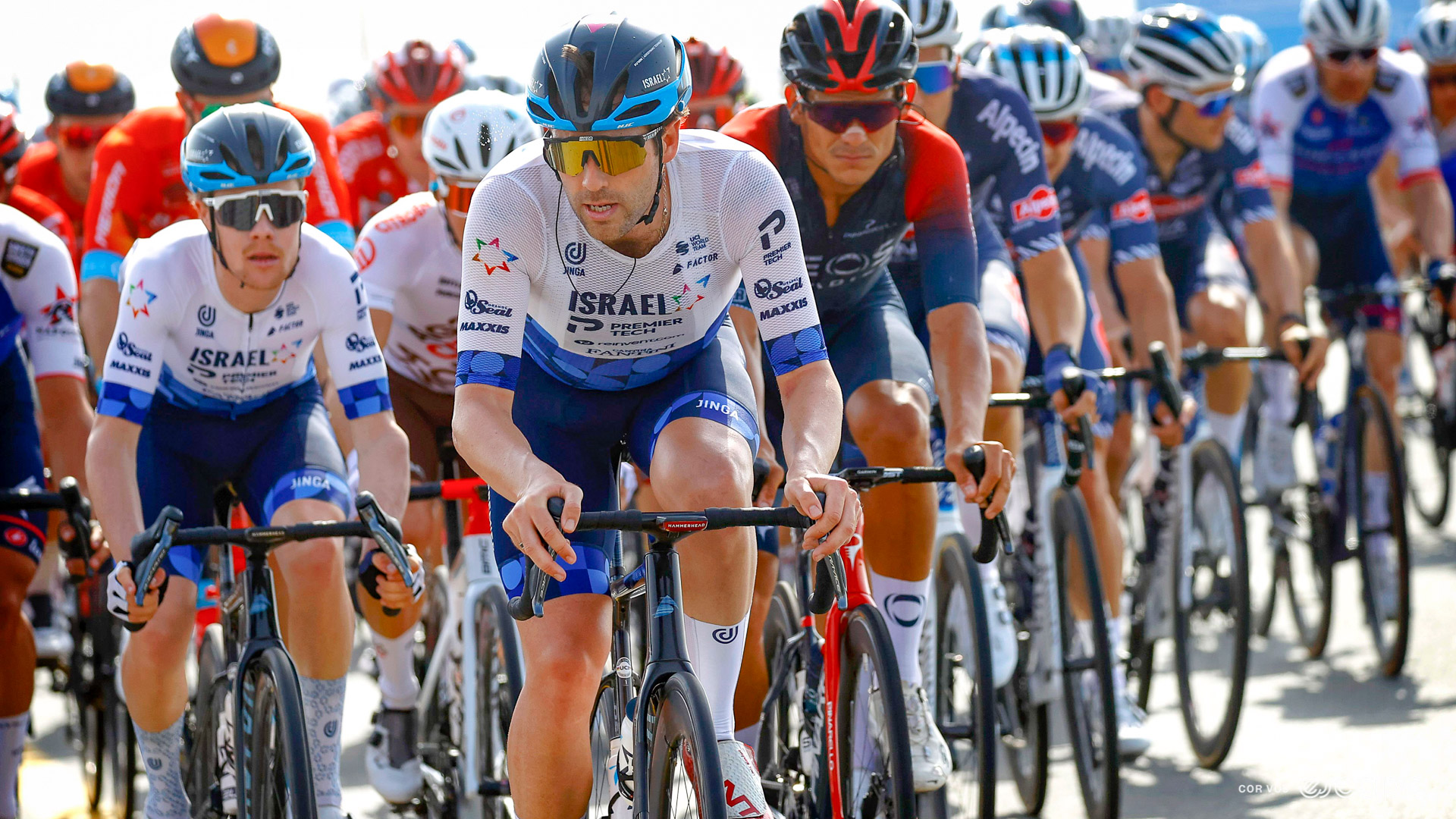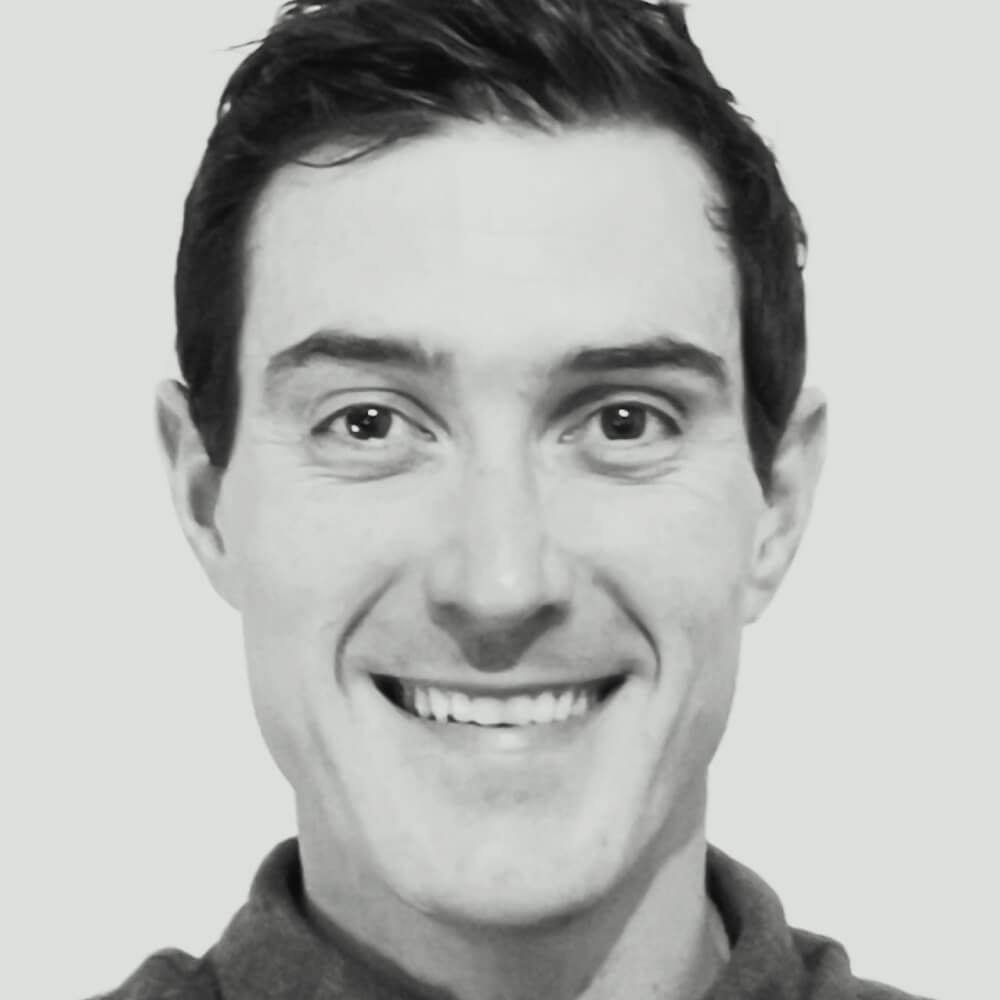This week’s Performance Process is the first in a series delving into how and why World Tour racing is getting so fast as year after year we see average records increase and record times tumble.
Alex Dowsett is our guest on this week’s podcast. Alex is a former pro, former World Hour record holder, the only known elite professional sportsman with haemophilia, not to mention six time British National Time Trial champion, two time Giro stage winner, and YouTuber. Having been a pro for 12 years, it’s safe to say Dowsett is well qualified to talk us through the advancements that have resulted in greatly increasing speeds.
Dowsett kicks off the discussion on this topic with some direct insight into an accidental analysis he conducted on his own progression throughout his own pro career and how results in an event he has done since he was a kid correlate with the advancing World Tour peloton.
Dowsett gives us a break down of some of the hows and whys. We will now take this list and begin a deep dive series looking into each in all our geeky detail.
The Performance Process is a members-only podcast from Escape Collective. If you’re not a member, you’ll need to become one (insider or supporter level both apply – monthly or annual both apply) to listen to the full show. There is, however, a preview of this episode right here …
If you are a member already, you can subscribe to your personal member-only podcast feed. All the details regarding the one-time subscription sign up are available on this page for signed-in members.
Time stamps for the episode:
4:13 – Would prefer to sit in the wheel of a Dan Bigham sized Miguel Indurain or a Miguel Indurain sized Dan Bigham
8:12 – Tracking progression over a pro career.
12:46 – The importance of pacing
17:53 – Team setups and tech aversion
26:32 – What difference have tech advancements made?
31:51 – Training methods
38:10 – Wind tunnel efficiencies.
40:04 – On Dan Bigham thinking
43:31 – The next minimal gain
Highlights
On whether he would prefer to sit in the wheel of a Dan Bigham sized Miguel Indurain or a Miguel Indurain sized Dan Bigham:
Follow up question, Which body is Dan Bigham’s brain in? Because I’ve sat behind Dan Bigham at the business end of a race, and occasionally the spreadsheets go out the window.
On tracking incremental progression over a pro career:
I effectively did it with the Malden 10, I just didn’t realise I was doing that at the time. My secondary life goal to be in a good pro rider was just simply going quick around the Malden 10 course.
I had the same course every week, same start finish, differing conditions but in the second half that was always trackable, so you could do air pressure and wind direction. I’d say it was as just about as controllable as you can get with something like that.
The power meter became somewhat irrelevant because it was always within the same window. Somewhere between like 404 – 435 Watts average would be my kind of window of power and I actually found that sort of whether it was 410 or 430 didn’t make as much difference to the time as I would have thought. It was more the bigger differences was equipment getting faster, pacing was massive.
I didn’t really change my position until 2020. It was all just about trying to go faster. As power metres were introduced, I think speed was ignored for a while, and I think certainly in recent in the last five or six, seven years, speed has been acknowledged a bit more again, but that’s quite an important metric.
On if he got faster at the Malden over his career and how that tracked in the pro ranks:
I did. I mean, I think 2012 I was trying to go under 20 minutes. And then by the end of it, I basically found a minute and 10 seconds in a decade.
The Malden 10 was also my, like when the Girona guys go and set times up Rocacorba, to see how fit they were the Malden 10 was mine.
Kind of 2015 to 2021. It was like if I was doing a low 19 I was on the money for being competitive a world tour level. If it was high 19s I was off the pace it was as close as that.
The goal at the end became about going under 19 minutes and I achieved that in 2021.
But then in 2011, when I was doing 20s, around there, I won a time trial stage of the Tour of Britain with some pretty fierce opposition… I was going slower around the Malden 10 then, and winning my Giro stage and the Malden TT. A decade later I’m not winning time trials, but I’m doing long 18s round the Malden 10. So my progression rate has not been as steep as the pelotons progression rate and so sort of fallen behind just slightly. I’ve increased by 6%. But I think the peloton is probably increased by eight.
Pacing:
Pacing strategies, I think, for me was the biggest gain. The confidence to back off in a time trial.
On team tech aversion or adoption:
I think there’s a big misconception that pro teams are Formula One level sort of analytics. And I think a couple of teams are there, or getting close to. But I think with a lot of teams, motivations have to come from the riders to go faster. The amount of times I’d turn up to a race with a set of ceramic bearings and have to politely ask the mechanic with a set of beers. Would you mind putting these on? And then it’s like, oh, we’re trying to make like faster, like faster means more chances of winning. It shouldn’t be the fight sometimes it is.
On what the tech advancements were worth:
With a overall package that was significantly slower that stacked up on the Malden 10. Factor’s Slick was, it’s not fast. No matter how hard I tried to make it fast, it wasn’t fast. And that showed on the Malden 10 by about half a minute, possibly a bit more. And then they they made the Hanzo which was incredibly fast. And I was back then back on the money. So, yeah, I could directly check it.
On training:
I think the eight brothers are a very interesting science experiment. They probably don’t think there is a science experiment, but you got two guys who are genetically identical as you’re ever going to get. And they’ve taken quite different paths.
Somehow in their infinite wisdom. British Cycling decided Simon was good enough to be under 23 Academy But Adam wasn’t. So Adam went and did the French, the under 23 French scene. So a lot of climbing a lot of road. Simon was on the track, you know, Junior World, Madison champion.
They reconvene at the front of the Tour de France having taken the two quite different paths. There’s that thing floating around Instagram where they are so in sync, quite incredible. So, I don’t think training has made a colossal difference to pro bike riders because I think pro bike riders always trained a lot. But that’s not to say it’s made no difference.
On summarising going faster:
It’s not how fast to go. It’s how slow you don’t go.
That’s it folks, there are plenty more highlights in the full podcast from what was a fascinating conversation with Alex Dowsett. We have plenty more deep dives into the hows and whys of faster racing on the way. In the meantime, “trust the process” and don’t forget, we have much more over on the whole Escape Collective podcast network.
What did you think of this story?

